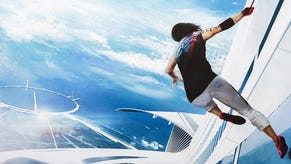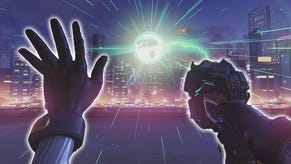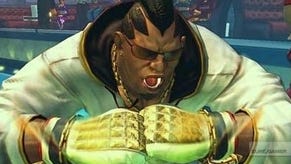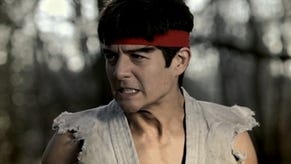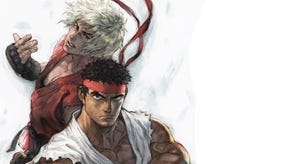Super Man
Yoshinori Ono on making Street Fighter IV super.
"I joined Capcom 17 years ago with just one ambition: to be involved with Street Fighter in whatever way I possibly could." Yoshinori Ono has the incredulous smirk of a boy given the keys to his very own sweet shop. "My love of the game was my entire reason for taking the job.
"Eventually I managed to work my way onto the team making the Alpha games, then I helped out with Street Fighter III. But to think that I would have the entire franchise resting on my shoulders... I never dreamt something like that might happen. Sometimes it's a burden and sometimes it's a joy. But either way, it's always a constant surprise to me."
Ono stands at the helm of the most treasured fighting game series, producer of the defining entry to the genre this generation, Street Fighter IV. The game's success defied not only Ono's expectations, but also Capcom's, who almost didn't green-light the project when he first pitched his vision for it in 2007. The company certainly had no plans for a sequel at that point.
Now, a year after Street Fighter IV breathed new life into the world of fighting games, rekindling the passions of many 20 and 30-something players and introducing an a new generation to its iconic characters, I sit with Ono in a darkened London club. It's here a few writers and a slew of top British players - including European Champion Ryan Hart - have gathered to try out what he describes as the "definitive" version of his game.
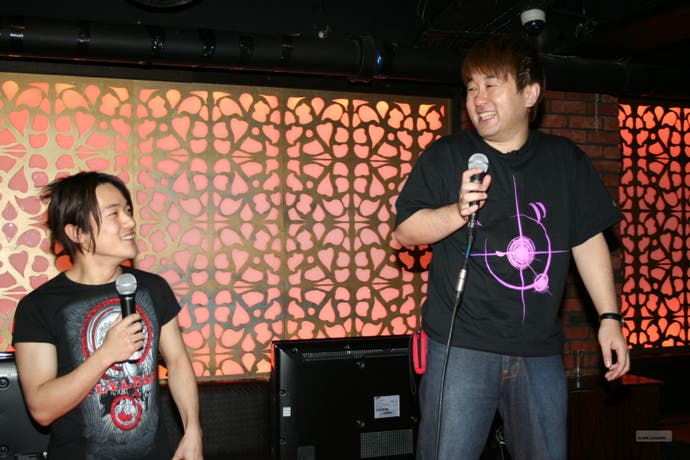
It's a rare sight: a private preview event where everyone in attendance is here for the game alone, as oppose to the paid bar, the opportunity to network or the scavenger promise of freebie merchandise. I overhear one young attendee ask a passing waitress bearing a silver tray of snacks how much a slice of pizza costs. Twitch competition is hungry work. He grins ear to ear when she hands him two of the complimentary canapés, her detached professionalism only just masking a quizzical skew of the head. Another player sits down next to him, asking: "Er, how much did that cost?" "Two pounds," the first player replies, deadpan.
The event starts at 10:30 in the morning, a queue of players clutching bespoke fighting sticks winding their way around the block long before the doors open. By the time the venue closes, most of those in attendance (including the European and British Championship-title holders) will have been glued to one of the 20 or so game set-ups for close to 11 hours.
Here Ono is a god and these are his followers. There are few other games that inspire this kind of unflinching devotion today. As he shifts in his seat with a barely-contained enthusiasm that doesn't wane throughout the long day, I ask him where he could possibly go next.


